This book could not have been published at a better time — nor, in a way, at a worse time. Better, because we are now living with the threat of disaster looming over us and society is being radically transformed; worse, because the apocalyptic scenarios Mark O’Connell writes about include such quaint, marginal topics as catastrophic climate change, nuclear devastation and the concern of ‘preppers’. These are the men who build bunkers in the countryside and fill them with enough tins of protein sludge to keep them going through whatever unspecified calamity brings about the end of the rule of law. There’s not a great deal here about a global pandemic.
That said, there doesn’t have to be. O’Connell is not so much interested in how society is going to collapse as in how some people are coping with the fear that it will. And there are a lot of frightened people out there — not only of the end of days but of ‘the poor, the dark-skinned, the feminine, the other’. ‘Cringing’ is the word the author uses to describe this fear. The people most worried about this are reasonably well off, rural white men who like their wives to do as they’re told; but, O’Connell adds, ‘their sense of the fragility of the systems by which we live is, in the end, hard to dismiss as entirely paranoid, entirely illogical’.
The author comes across some repellent and pathetic specimens as he noses around the prepper community, both online and in real life. The images used to demonstrate a world WROL (Without Rule of Law) on a website called The Prepper Journal are those of young black men rioting in urban districts. But no one mentions that these riots came about as a result of the deaths of young black men while in police custody.
After dealing with the preppers, O’Connell goes to New Zealand, deemed to be the safest country on Earth by the super-rich who are buying up property there. The billionaire Peter Thiel, co-founder of Paypal, is prominent among these; he is strongly influenced by a book entitledThe Sovereign Individual: How to Survive and Thrive During the Collapse of the Welfare State, co-written in 1997 by James Dale Davidson, ‘a private investor who specialises in advising the rich on how to profit from economic catastrophe’, and the late William Rees-Mogg, who surely needs no introduction here.
This work appears to be, in O’Connell’s plausible précis, a piece of hysterical sub-Randian nonsense, which describes the democratic nation state as a criminal cartel robbing citizens of their wealth in order to build hospitals, schools, roads and railways. Society will collapse as the nation state becomes obsolete, and a ‘cognitive elite’ will rise to organise the world in a way which suits it better. ‘To read it,’ says O’Connell, ‘is to be continually reminded that the dystopia of your darkest insomniac imaginings is almost always someone else’s dream of a new utopian dawn.’
Then there are those who would colonise Mars — an idea I thought quite exciting until O’Connell put me right off it by going to Los Angeles to listen to a conference on the subject. He points out that this is just a further stage in the American narrative of colonisation, and is anyway probably impossible, for reasons too numerous to list (example: the low gravity will make raising children, evolved to be born and grow up on Earth, a nightmare).
O’Connell also travels to the Scottish Highlands to commune with nature, following the example of the eco-writer Paul Kingsnorth — an entertaining enough piece but not one that quite fits in with the rest of the book — and as a tourist to Chernobyl’s Zone; but in neither chapter do we encounter the thrillingly repellent and morally vacant grotesques we meet in Dakota, New Zealand or California.
O’Connell is at times very funny (about his fear of moths, and Stephen Pinker’s hair) but on the whole this is a bleak, if well-written and insightful book. And what better time to read it than when we are having our noses jammed up against the fact that organised society is indeed a fragile construct?
Got something to add? Join the discussion and comment below.
Get 10 issues for just $10
Subscribe to The Spectator Australia today for the next 10 magazine issues, plus full online access, for just $10.
You might disagree with half of it, but you’ll enjoy reading all of it. Try your first month for free, then just $2 a week for the remainder of your first year.

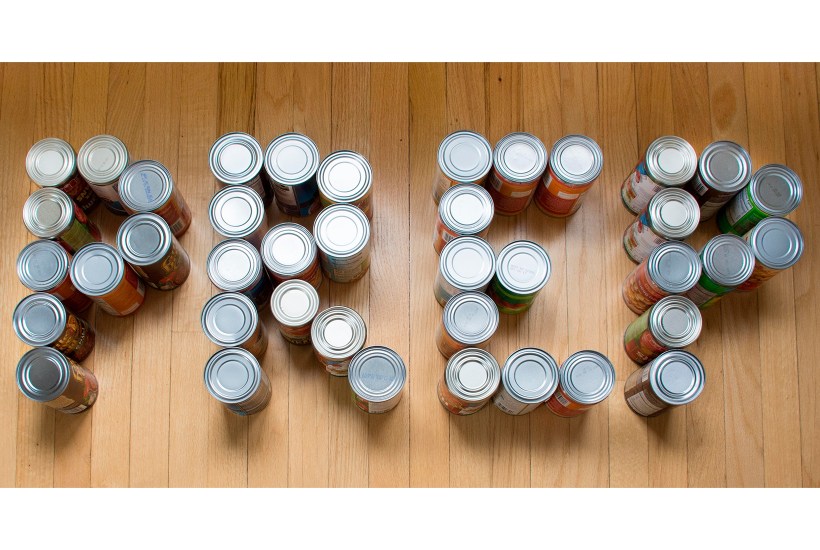
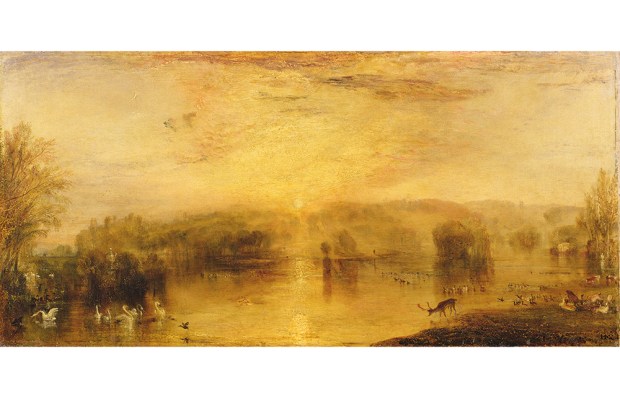
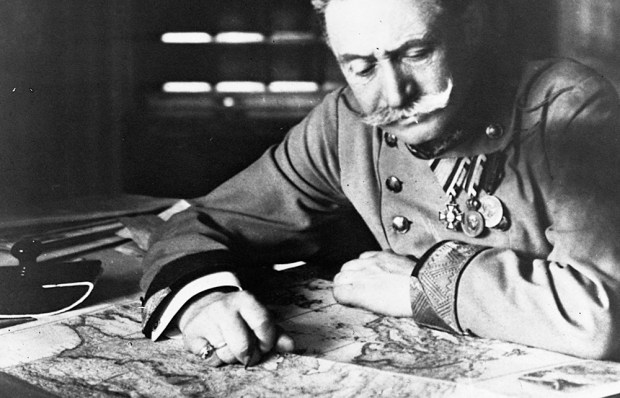

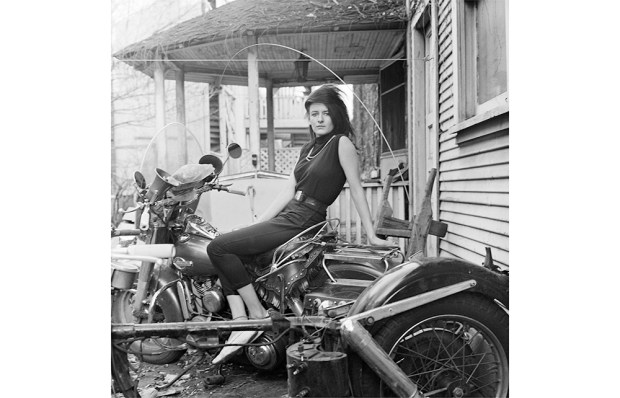
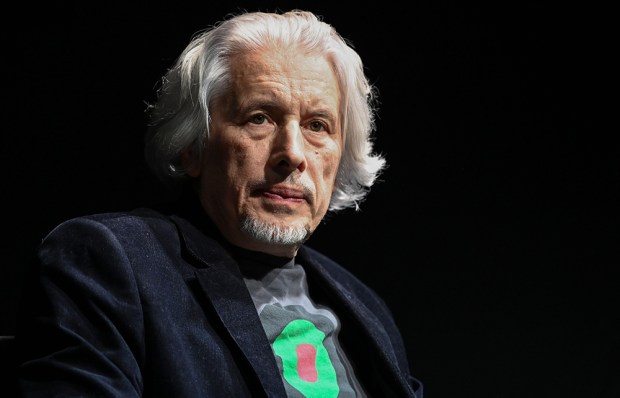
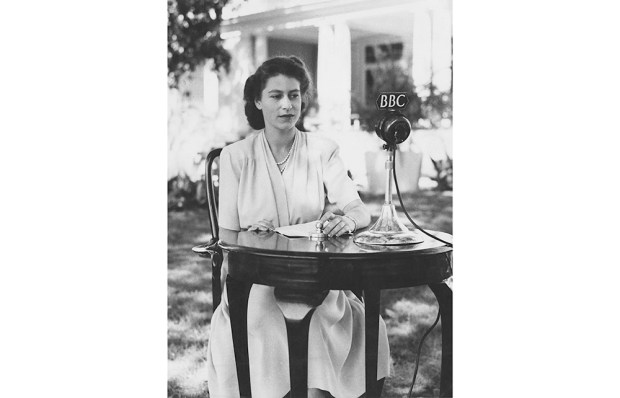






Comments
Don't miss out
Join the conversation with other Spectator Australia readers. Subscribe to leave a comment.
SUBSCRIBEAlready a subscriber? Log in